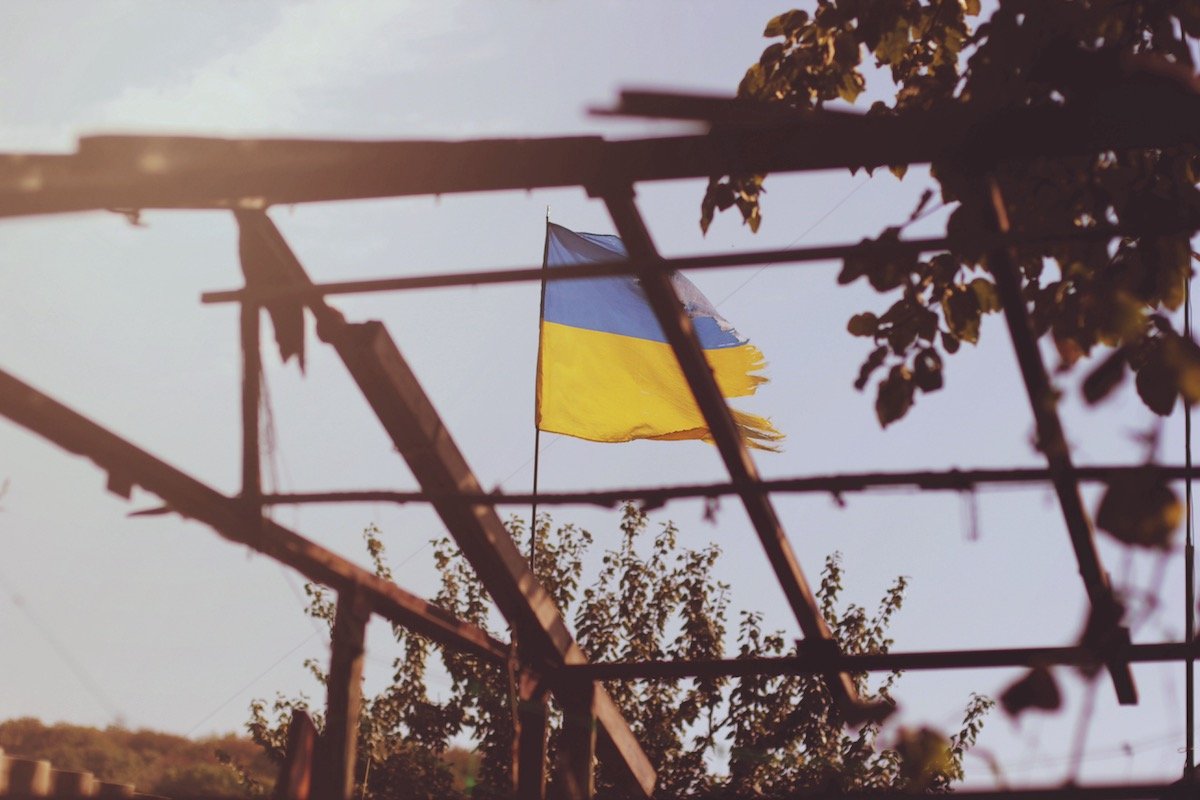Can social protection be sustained and support a humanitarian response?

In response to the conflict in Ukraine, a team of researchers at the University of Wolverhampton’s Centre for International Development and Training (CIDT) has provided a briefing document on social protection for donor and humanitarian organisations working to support refugees.
The war in Ukraine is leading to widespread suffering and displacement.
The UN Flash Appeal estimates that ‘18 million people are projected to become affected, including up to 6.7 million people projected to be newly internally displaced. Of the affected population, 12 million people are expected to need humanitarian assistance’.
The University of Wolverhampton’s Bozena Sojka and Rachel Slater, together with Paul Harvey from Humanitarian Outcomes, have outlined the challenges facing Ukraine’s social protection system in a short briefing document.
The brief is based on a rapid review of available literature and a small number of interviews. It considers how well the social protection system is holding up and adapting following the Russian invasion and assesses how humanitarian action can both support and relate to the existing social protection system.
Read the full briefing document here.
The Centre for International Development and Training (CIDT) is a leading centre in capacity development for International Development with over four decades of impact and history at the University of Wolverhampton.
This briefing was written by Bozena Sojka, Paul Harvey and Rachel Slater. Bozena works on social policies in eastern Europe, including those for Ukrainian refugees in Poland. Paul and Rachel work on research assessing how existing government social protection programmes can be sustained during violent conflicts in other countries, including Syria and Iraq, as part of the Better Assistance in Crises (BASIC) Research Project.
The authors are grateful for comments on an earlier draft from Thomas Byrnes, Julie Lawson McDowall, Zehra Rizvi, Louisa Seferis and Helen Lindley Jones and to Barbara Peace and Russell Goffe-Wood for production. Responsibility for the analysis in the briefing lies with the authors alone.
For more information please contact the Corporate Communications Team.


/prod01/wlvacuk/media/departments/digital-content-and-communications/submitted-news-images/Olivia-Jordon-Caws-BSL-Olympic-Games.png)
/prod01/wlvacuk/media/departments/digital-content-and-communications/submitted-news-images/CLS-cohort-2024.jpeg)
/prod01/wlvacuk/media/departments/digital-content-and-communications/submitted-news-images/FSE-grads-and-family.jpeg)
/prod01/wlvacuk/media/departments/digital-content-and-communications/submitted-news-images/Challenger-recruitment-day-.jpg)
/prod01/wlvacuk/media/departments/digital-content-and-communications/submitted-news-images/NCD-Institute.jpeg)
/prod01/wlvacuk/media/departments/digital-content-and-communications/submitted-news-images/WMBF-business-festival.jpg)
/prod01/wlvacuk/media/departments/digital-content-and-communications/submitted-news-images/Salix-visit-01.jpg)